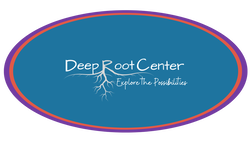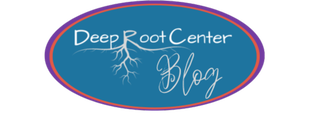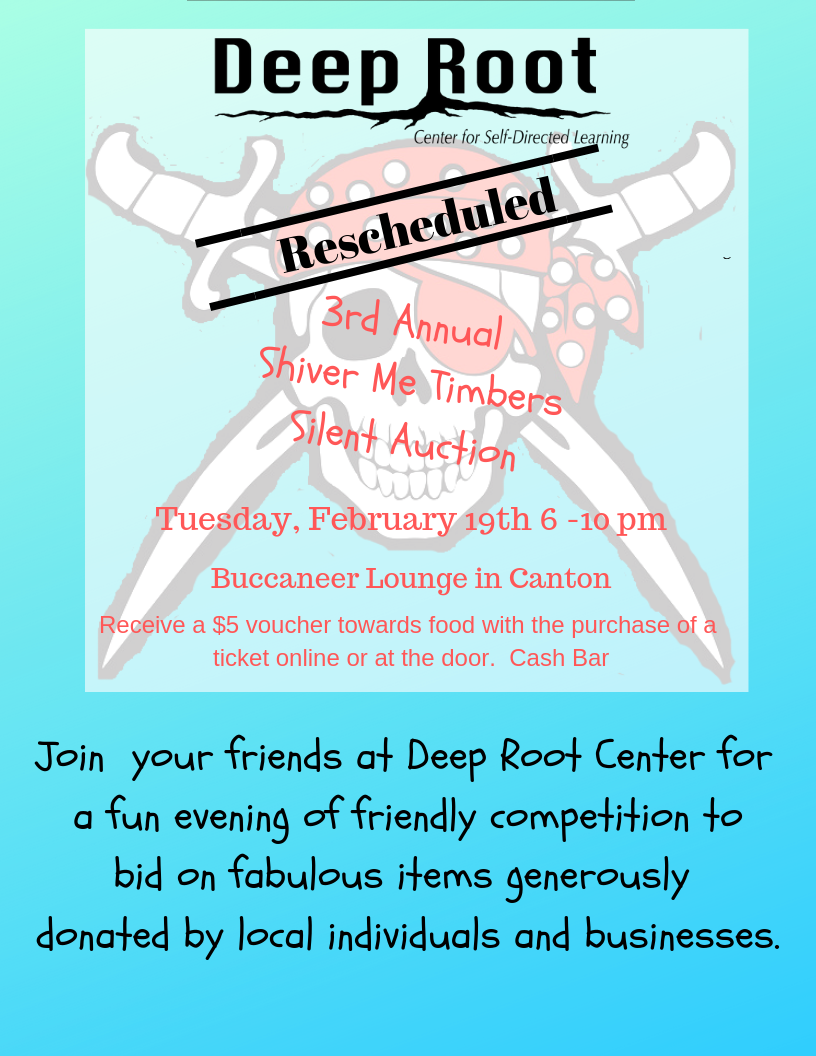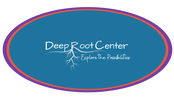|
Mistakes are the foundation of all learning opportunities. It is completely unrealistic to believe that any of us will make it through a single day without screwing up at least once. The definition of experimentation is making mistakes until you find the solution for that particular scenario. There are major blunders, which at the time, feel insurmountable, and there are others, as Bob Ross so famously, and patiently, pointed out, that are “just happy little accidents.” When I hear, during a mentoring session, or even a casual conversation, that someone suffers from the fear of making mistakes, I go on high alert. The usual justification for their phobia is that they will look conspicuously inferior, childish, or utterly ridiculous, and someone will probably yell at them. This usually means that not only do they dread them, they will go out of their way to fabricate stories to explain to themselves and others why something happened. These tales often involve placing blame on someone else. After a while this pattern becomes such a habit, that even they can’t distinguish between what is real and what they have made up. It becomes a vicious cycle of burying the dislike for oneself, by making excuses for failure, while holding onto reasons to dislike the person or circumstance they are accusing. I will be the first to admit that over this life-time a good proportion of my errors have fallen closer to the massively horrible end of the scale rather than the adorably cute, little mishap side. Overwhelming doesn’t begin to describe that heart stopping, gut wrenching, over the top feeling of hopelessness when you realize what you have done. The first instinct is to hide in shame and find someone or something to blame is hard to resist, until you remind yourself, in that stern inner voice you reserve for these particular occasions, that you are human. Your job is to make mistakes and learn from them. The first step is to own it. Stand up and declare, woah, I seriously f**ked that up! The next step is to sit with it, be patient with yourself, examine all the deep, dark corners, which can then, and only then, be followed by reparation to whomever may have been hurt by your actions, including yourself. Fix whatever needs to be mended, whatever that requires, and then, most importantly forgive yourself and move on, more enlightened than you were before. Taking responsibility for the errors – all of them - using them as stepping stones - is not only healthy for the process of growing as a human being, it is essential for building positive relationships. How, then, do we teach young people that making mistakes is actually the most important part of their education? What can we say for them to believe: there is nothing to fear, it is OK to mess up, and we actually expect it to happen pretty frequently, when they have already learned from other places and people that the opposite is true? What monumentally seismic, internal shift has to occur before they can comprehend and let themselves off the hook? Providing a safe, caring environment filled with a supportive community probably tops the list of external conditions. However, is that enough? What else do they need to shake that all-consuming fear? Considering that changing societies rigid standards for perfection is a bit beyond our scope of influence, the best we can do is offer unconditional love, reassurance, encouragement, and transparency, by modeling the exercise of taking responsibility. We expect our students to take charge of their lives and education – when, fear instead of curiosity drives that process – the decisions they make are safe ones with no margin for error, or, for that matter, growth. Learning to fly without the net is essential. Go - Jump, Leap, Dive into your next adventure. We expect you to make mistakes, but remember, as long as there was no malicious intent, we are here to help you own it, without judgement, and assist in cleaning up the mess. DRC News
0 Comments
Your comment will be posted after it is approved.
Leave a Reply. |
|
© 2024 Whole Learners, Inc. 501(c)3
Deep Root Center
48 Riverside Drive, Canton, NY 13617
315*323*1435/[email protected]
Deep Root Center
48 Riverside Drive, Canton, NY 13617
315*323*1435/[email protected]




